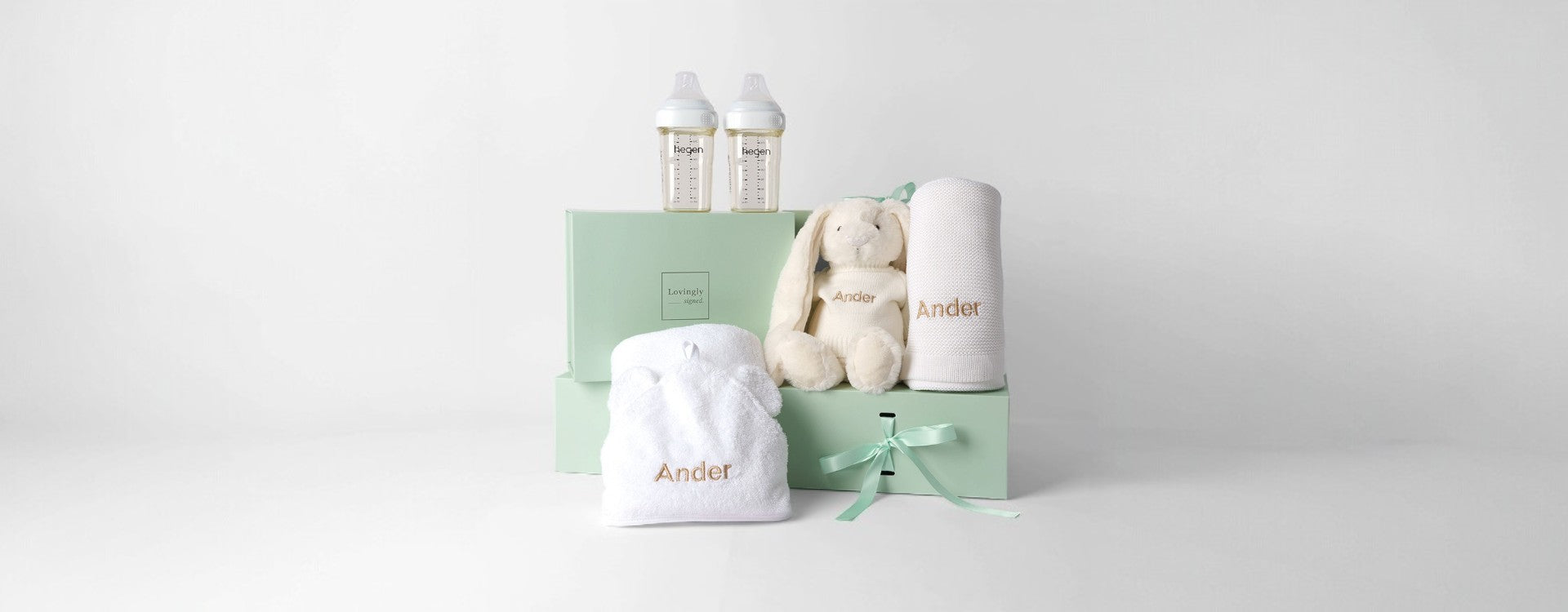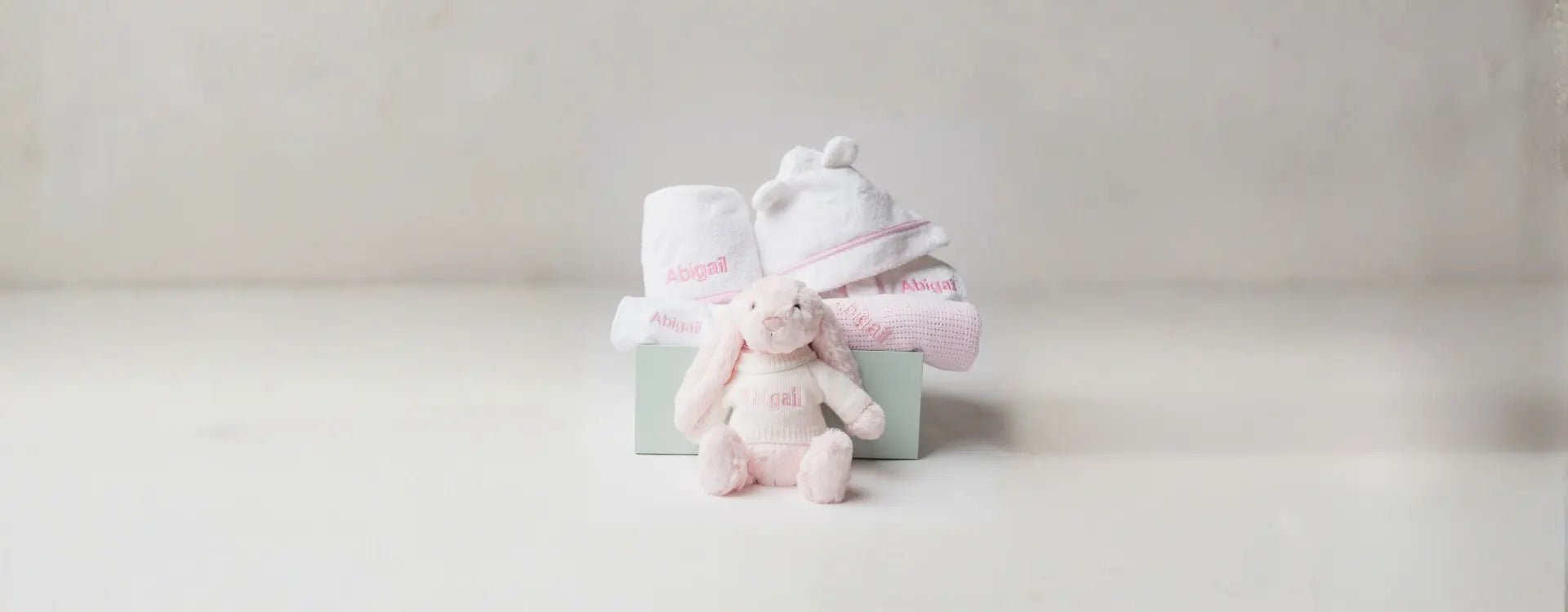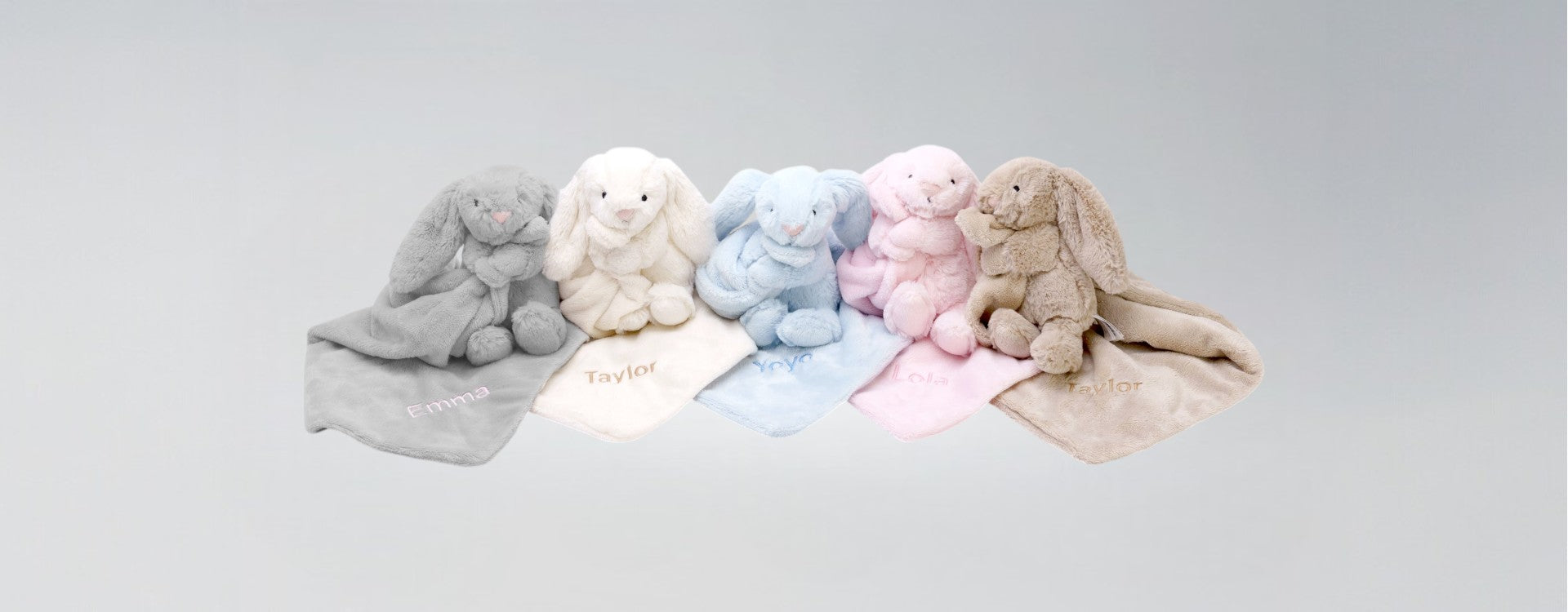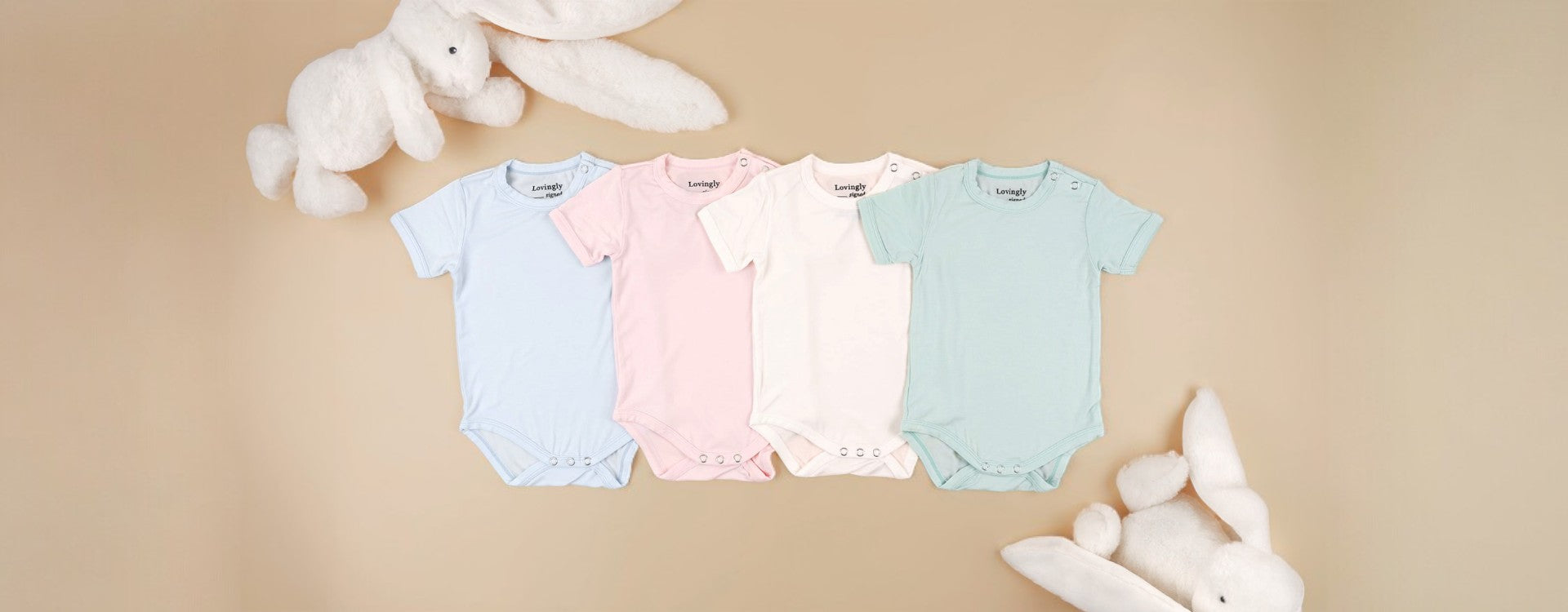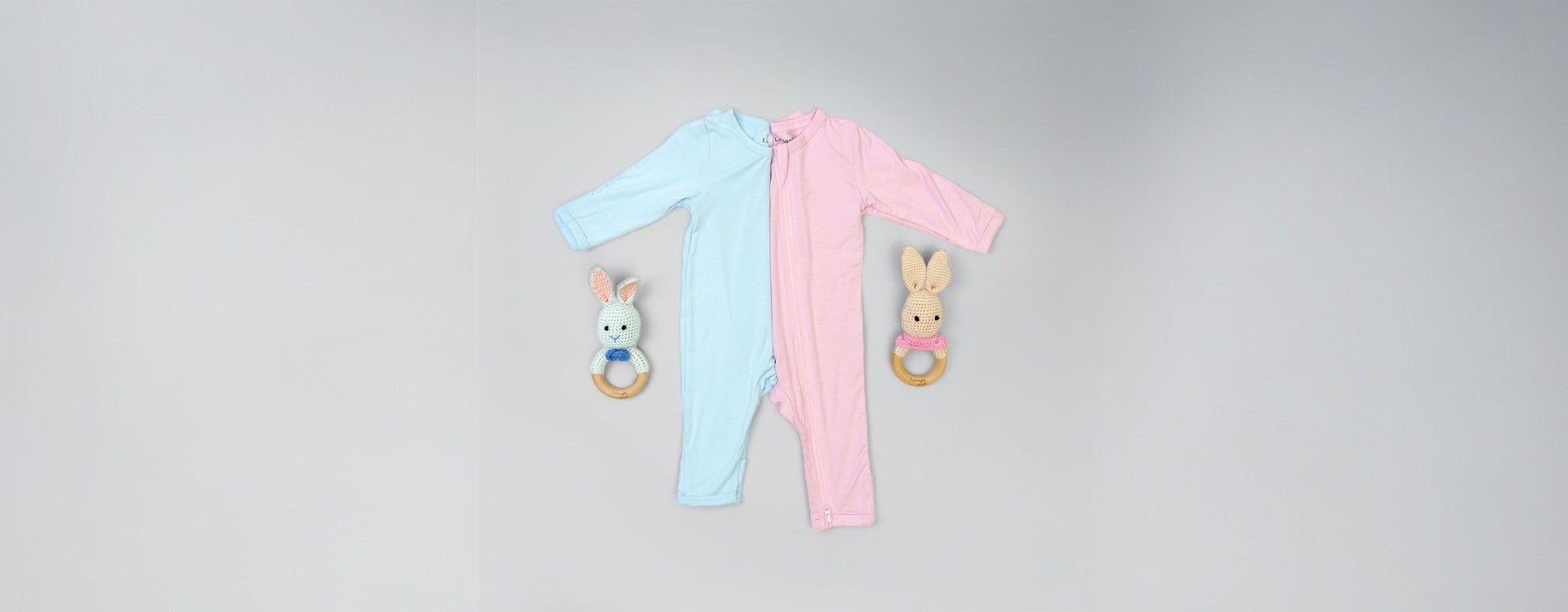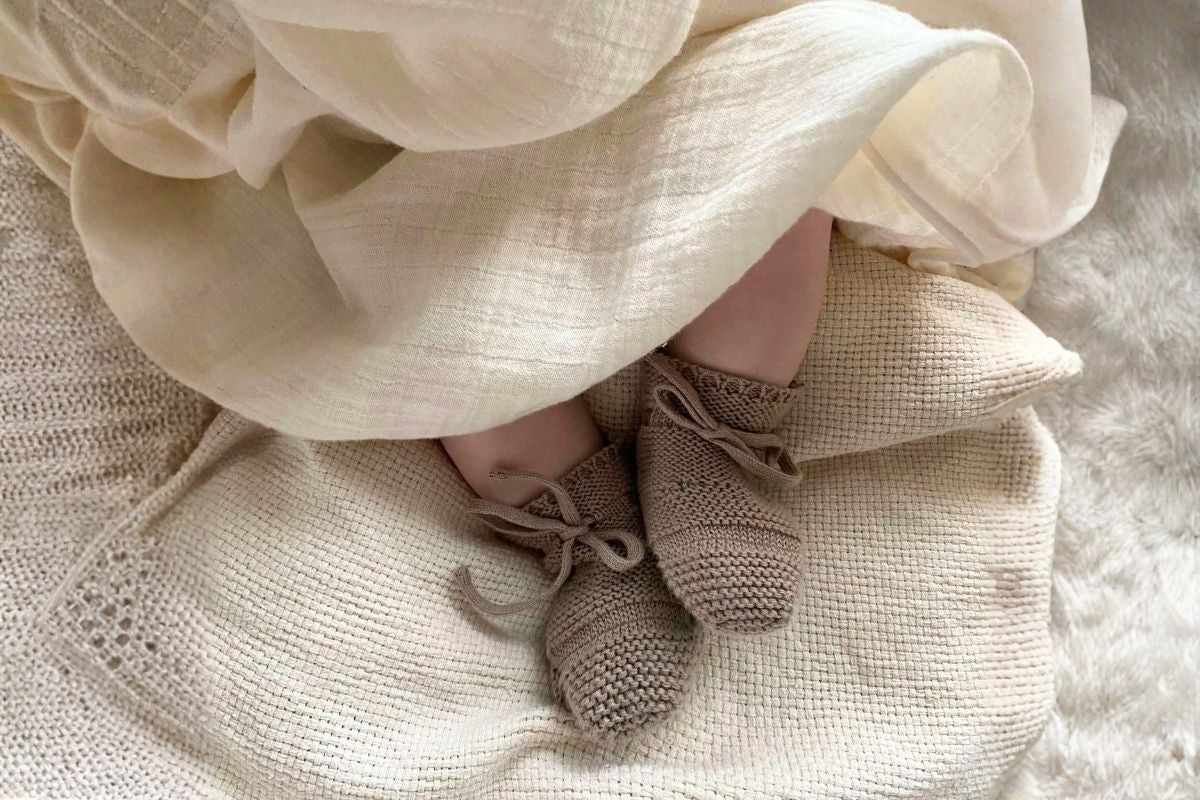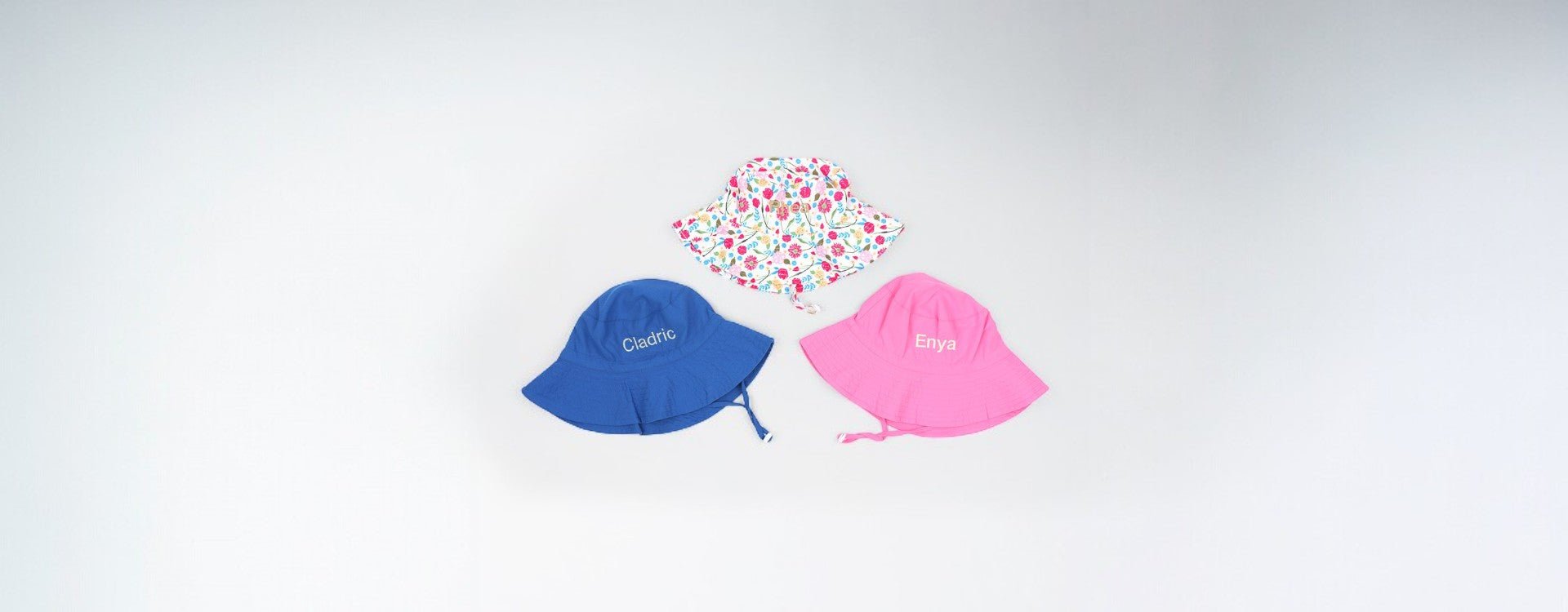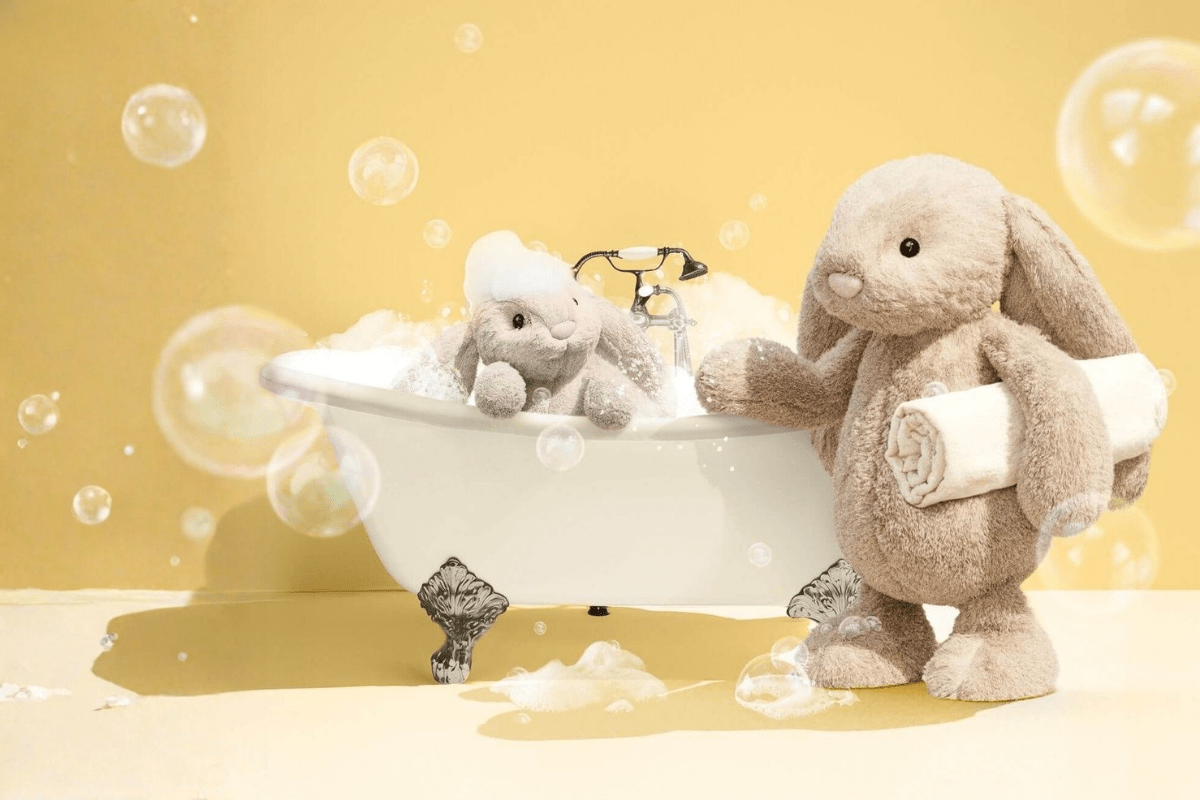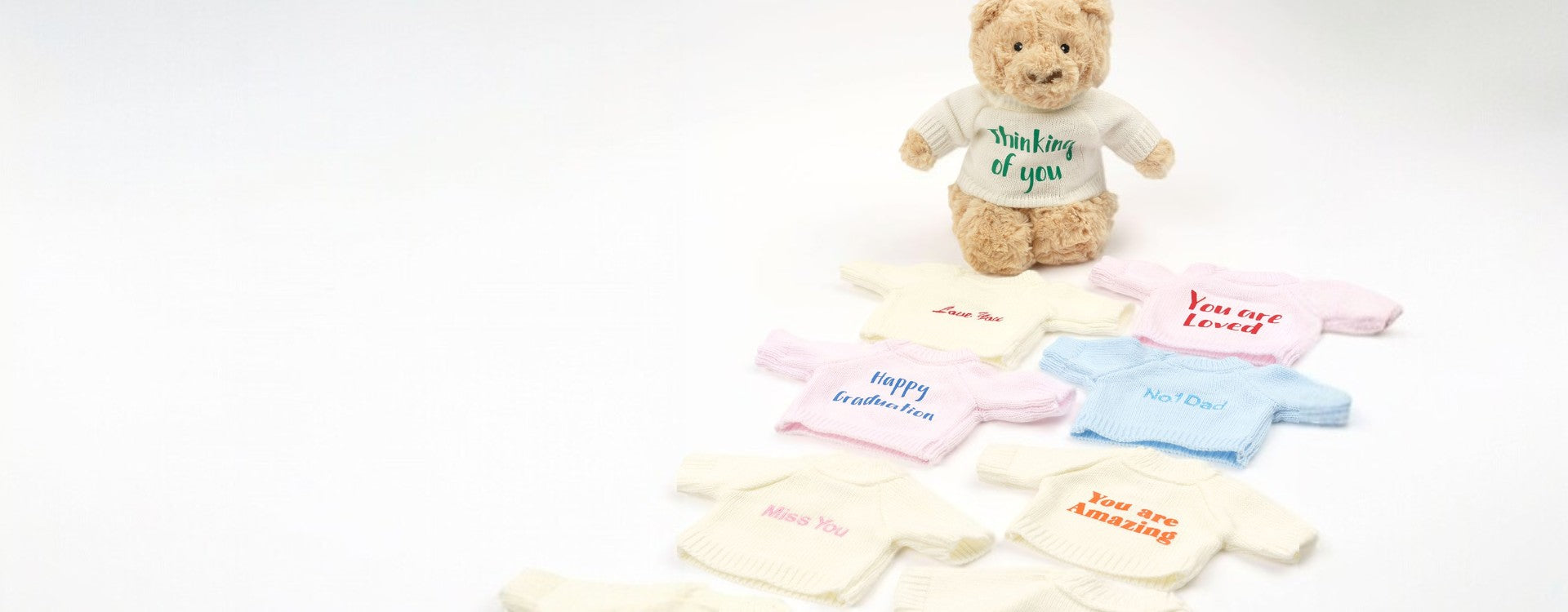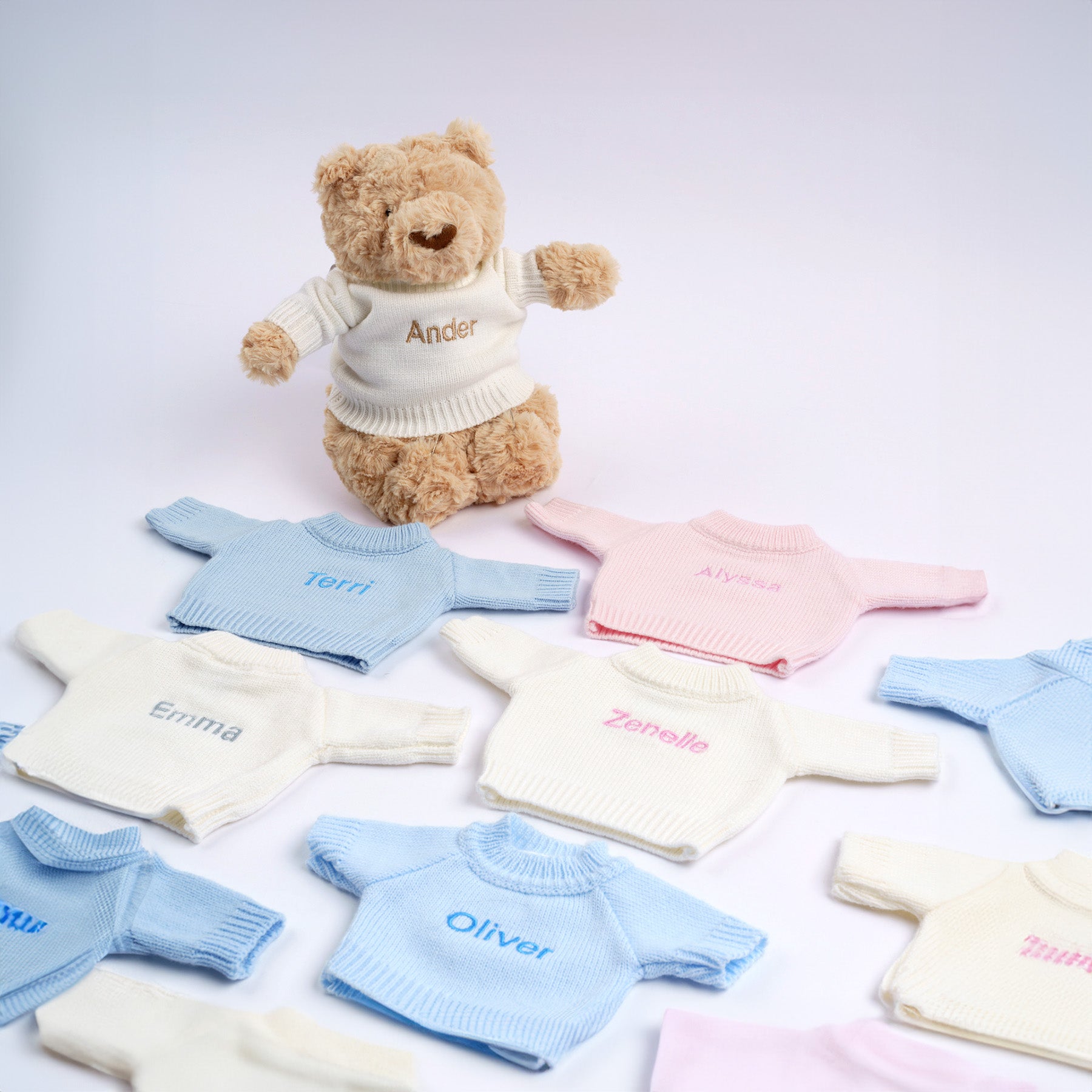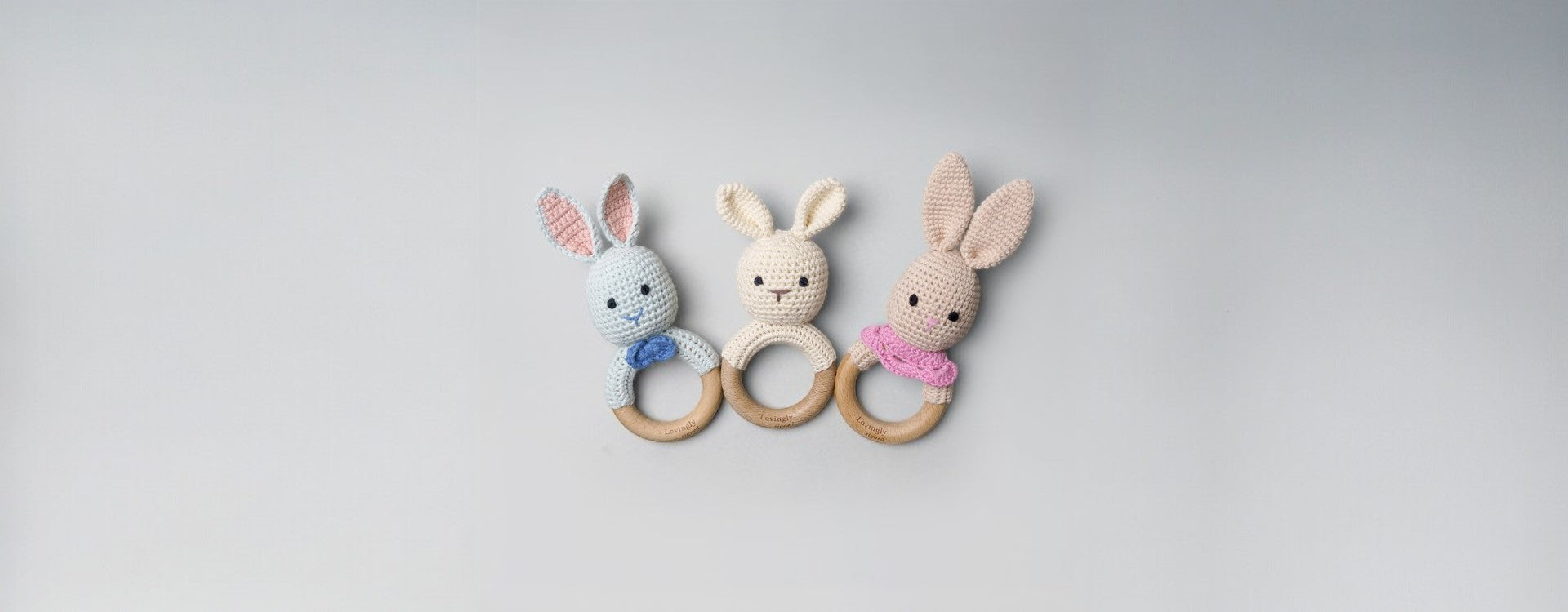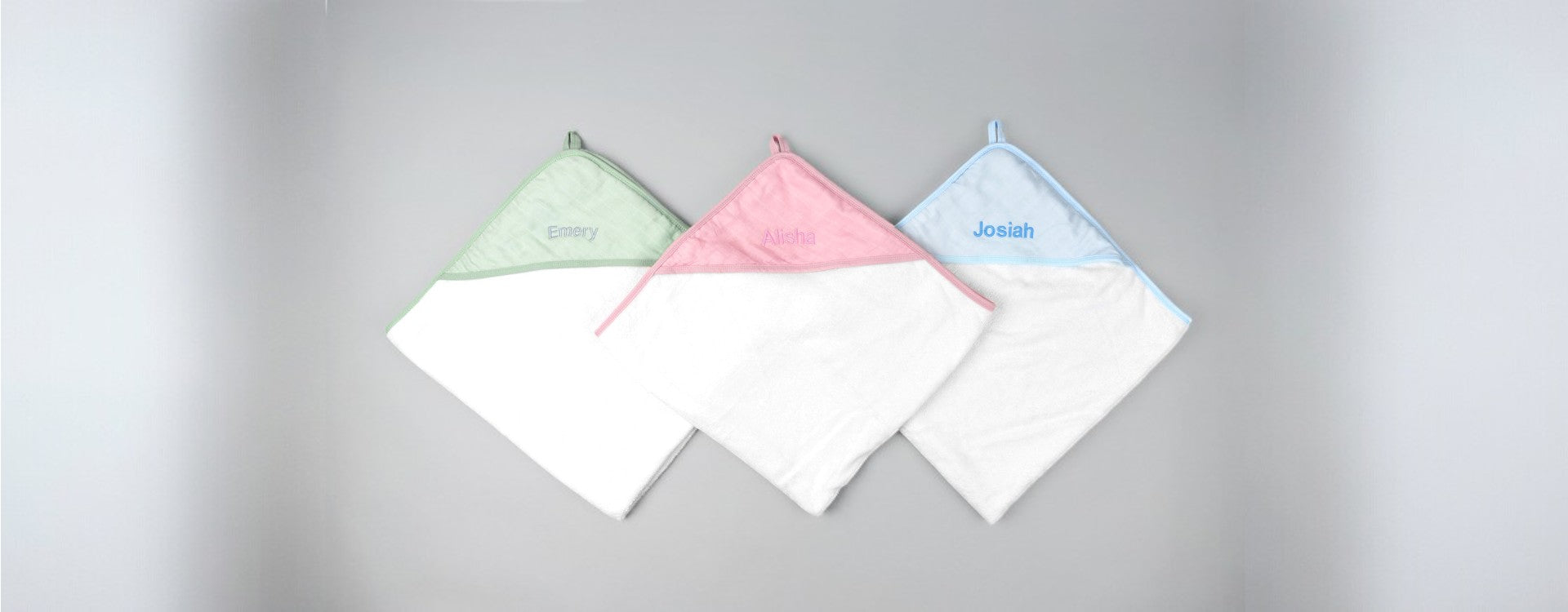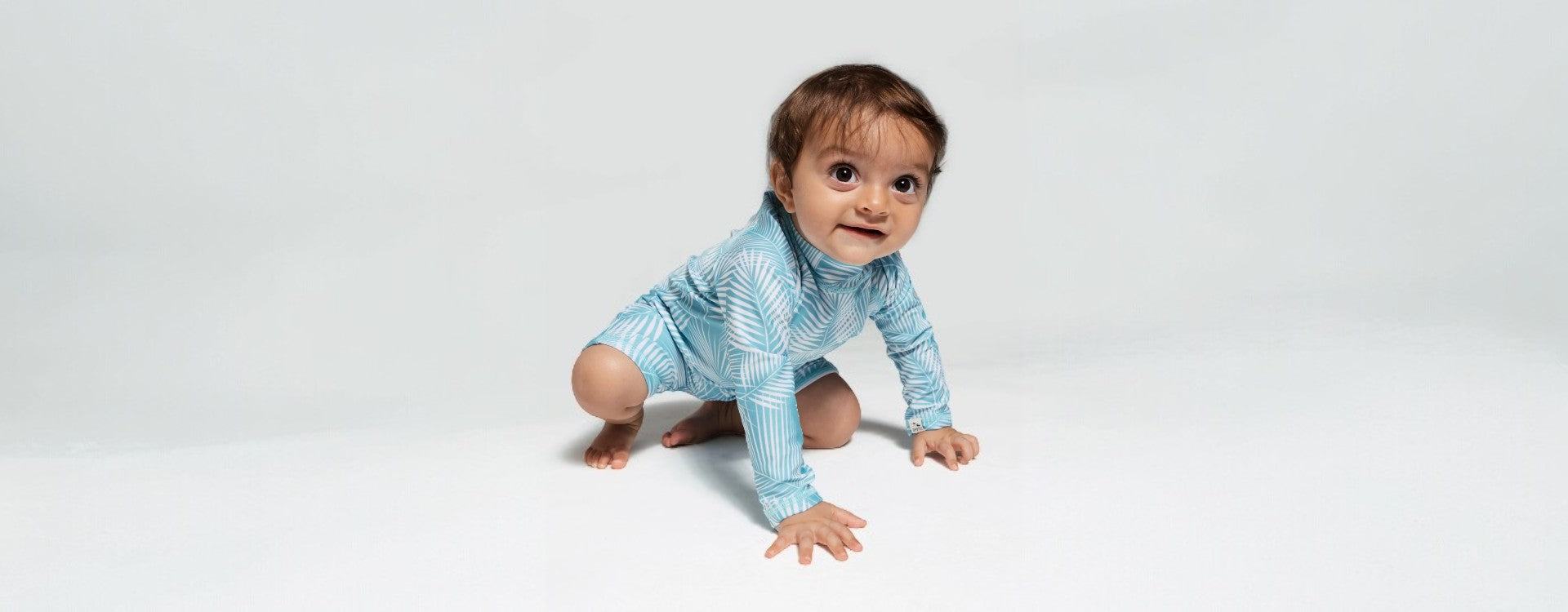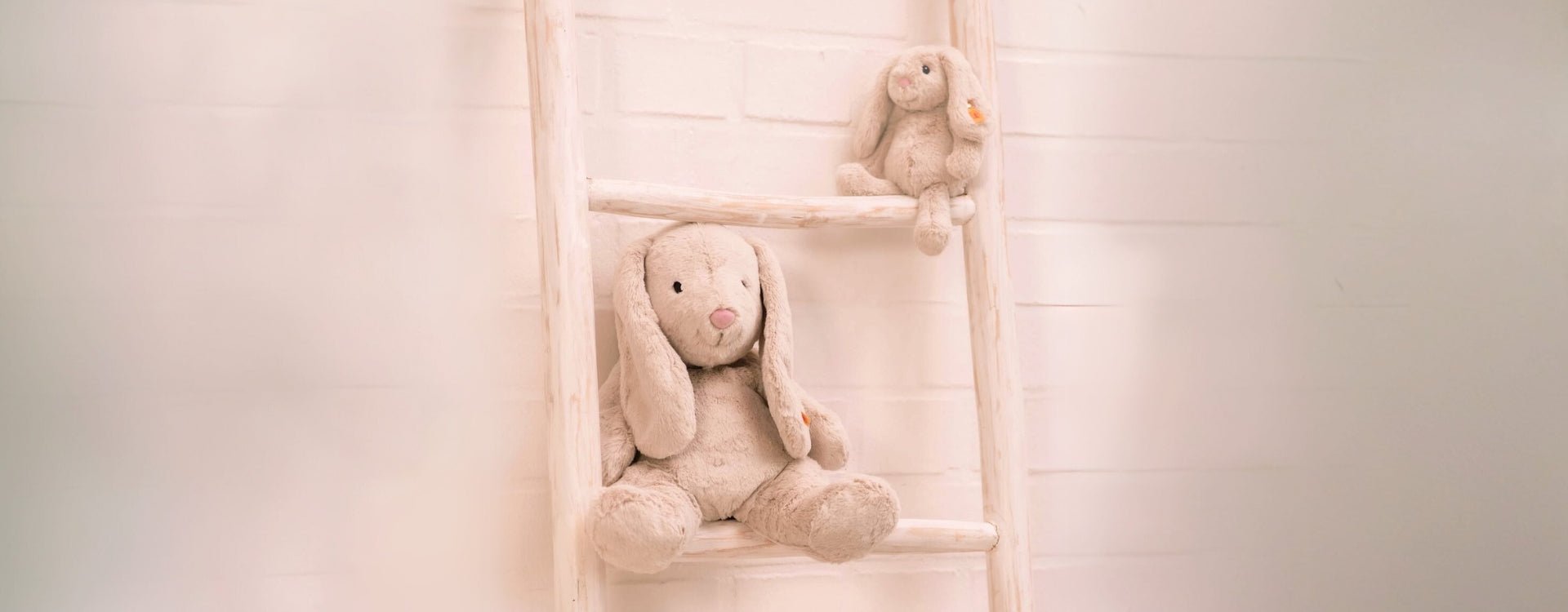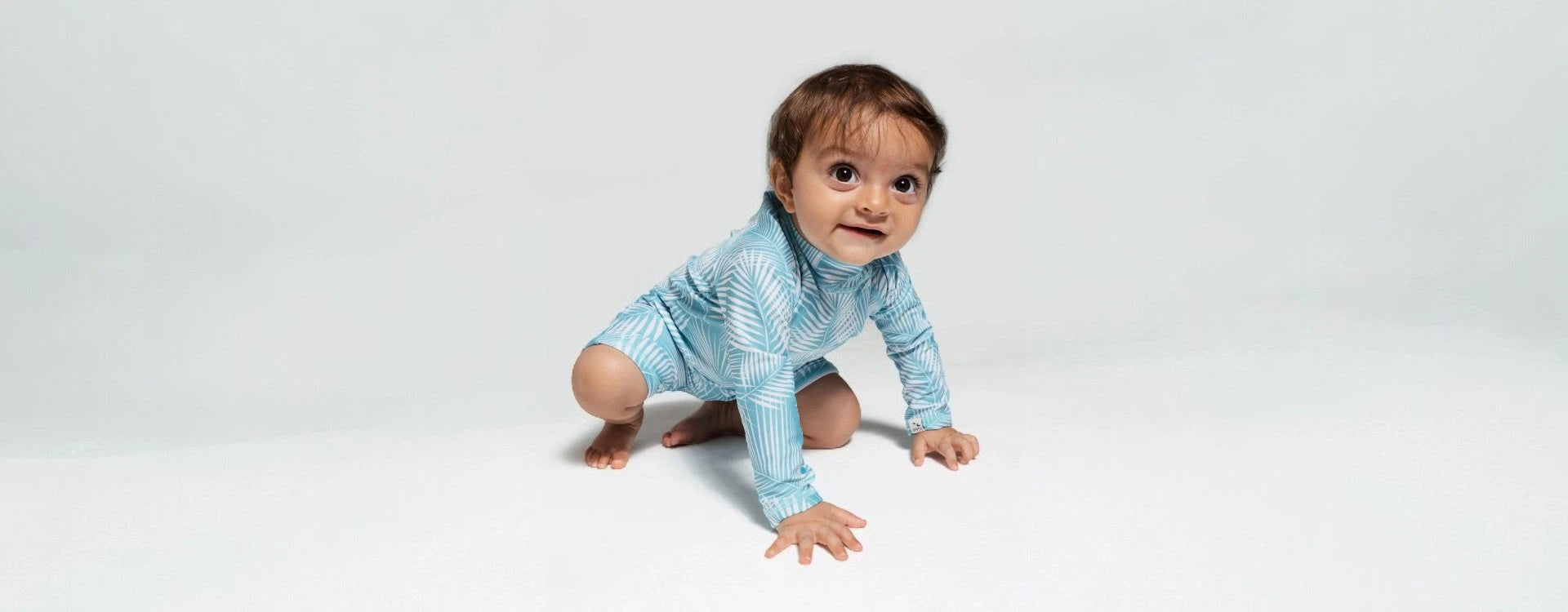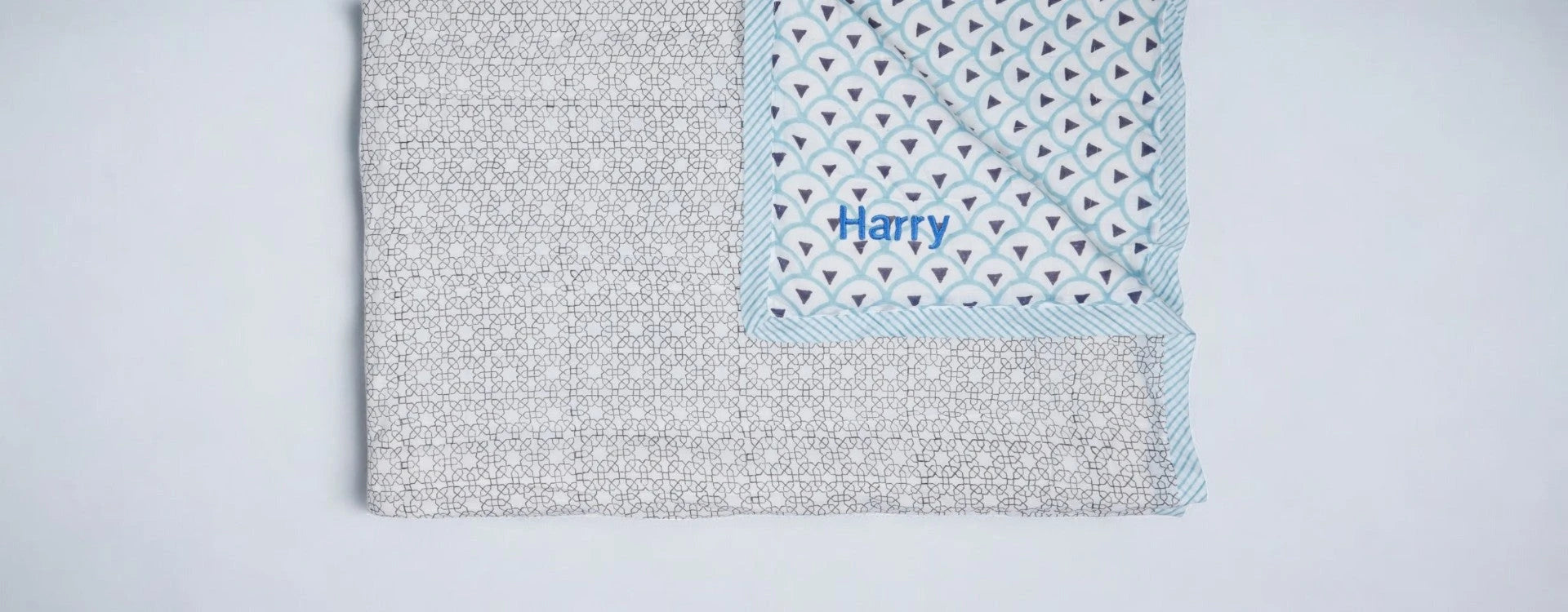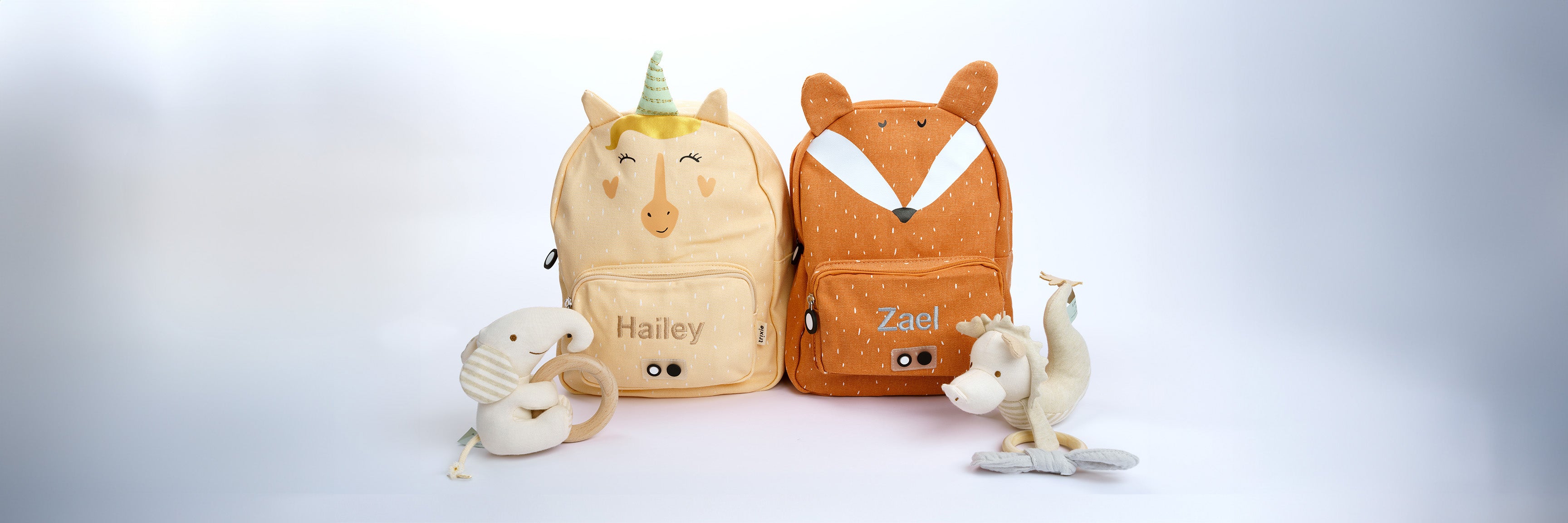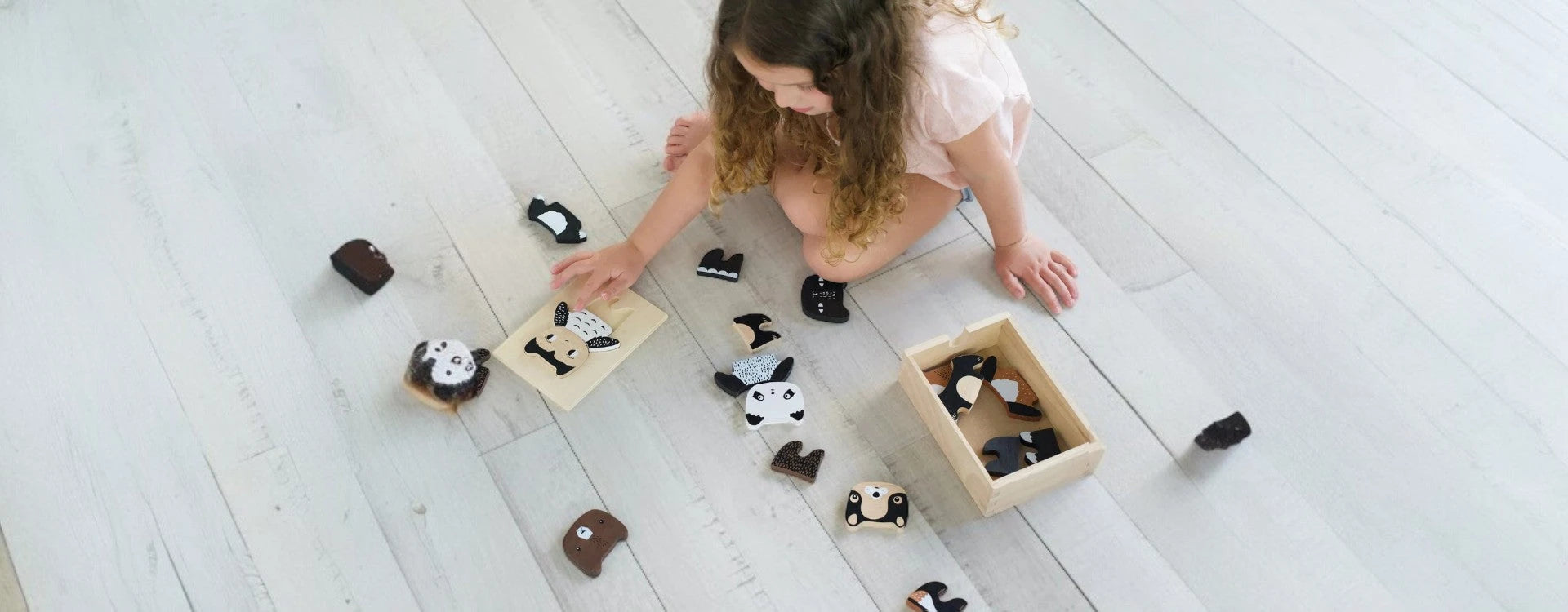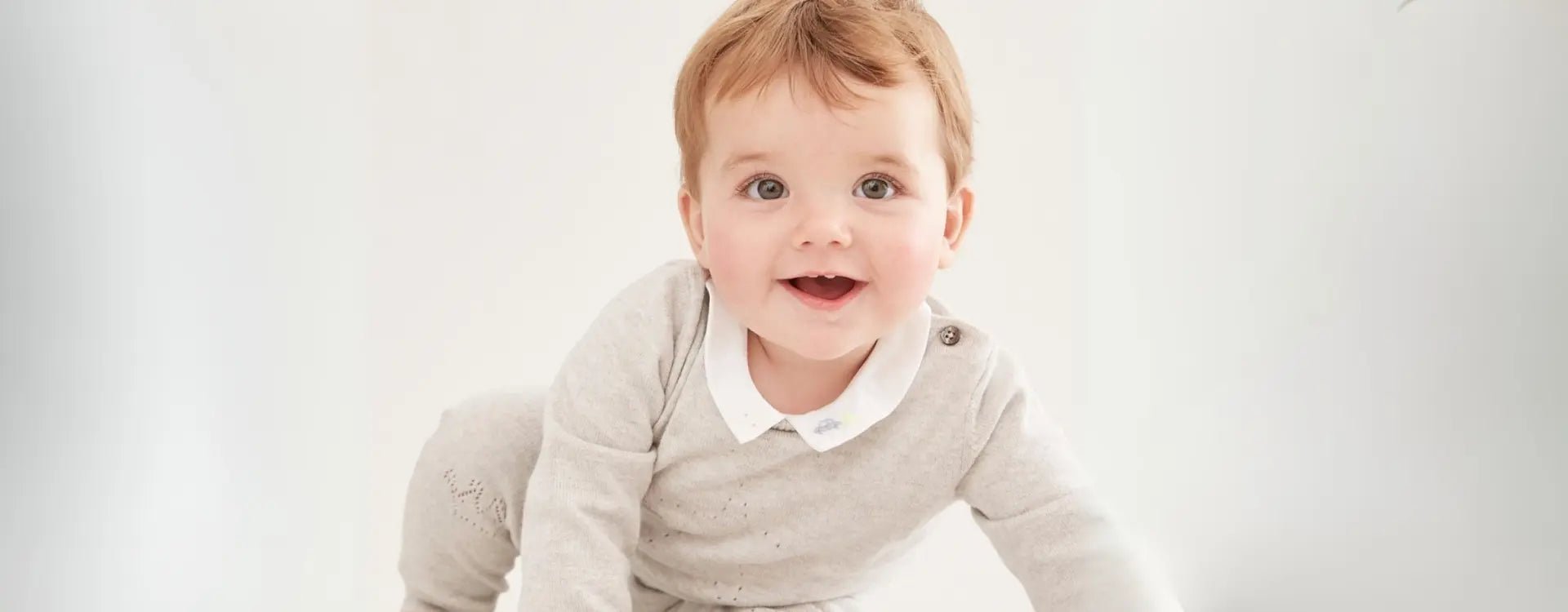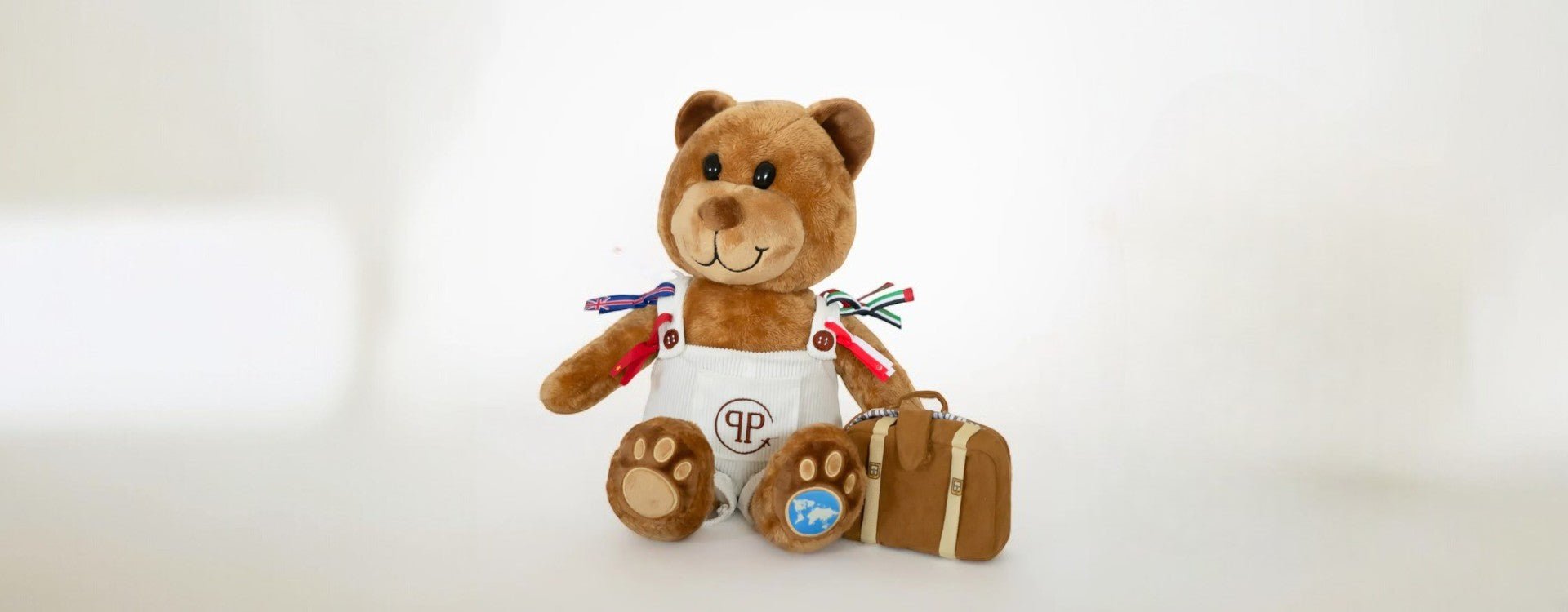First Week of Parenthood: What to Expect
Welcoming a newborn is a big change, and the first week is full of surprises. Most parents feel overwhelmed, as they and their baby adjust to life outside the womb. They face new challenges in caring for their infant.
This period is both rewarding and challenging. You'll see changes in your baby's physical health, feeding, and sleep. It's important to know what to expect and how to prepare for these changes.
Understanding postpartum recovery, breastfeeding challenges, and building a support system is key. Knowledge and taking care of yourself will help you during this big change.
Key Takeaways- Newborns may have a cone-shaped head, swelling, and birthmarks in the first week
- Irregular feeding and sleeping patterns are common, with babies needing to eat every 2-3 hours
- Bonding with your baby and communicating with healthcare providers are essential during this period
- Seeking support from family and friends can help manage the emotional rollercoaster of new parenthood
- Adjusting to lifestyle changes and prioritizing self-care will be key to navigating the first week
Newborn Baby's Appearance and Development
In the first week, your newborn will change a lot as they get used to the outside world. Their head might look a bit cone-shaped or not even from going through the birth canal. Swelling or bruising will start to fade. The umbilical cord will dry up, turn black, and fall off in about 10 days. You might also notice birthmarks and bigger or swollen breasts, but these are usually nothing to worry about.
Physical Changes in the First Week
Right after birth, your newborn's newborn appearance and newborn physical changes will stand out. Here's what you can look forward to:
- Cone-shaped or uneven head from passing through the birth canal
- Gradual reduction of swelling and bruising
- Umbilical cord drying, turning black, and falling off within 10 days
- Birthmarks and enlarged or swollen breasts (common and not concerning)
Developmental Milestones
Your newborn is learning and growing fast. Their newborn brain development is happening as they explore the world with their senses. You'll notice them reaching newborn developmental milestones like:
- Closing their hands in a tight fist
- Startling at sudden noises
- Having involuntary jerky movements while asleep
These behaviors are key to their growth and adjusting to life outside the womb.
|
Newborn Appearance and Development |
Description |
|
Head Shape |
Slightly cone-shaped or uneven from birth canal |
|
Umbilical Cord |
Gradual drying, blackening, and falling off within 10 days |
|
Birthmarks and Swollen Breasts |
Common, not a cause for concern |
|
Reflexes and Movements |
Closing fists, startling at noises, involuntary jerky motions while asleep |
Feeding and Sleeping Patterns
Newborns have unique needs for feeding and sleeping. It can take time to find a routine. Knowing what's normal can help parents during this change.
Newborn Feeding Habits
Newborns have small stomachs and need to eat often, usually every 2-3 hours. They may have 8-12 feeds in a day. Breastfed babies eat when they're hungry, while formula-fed babies need 16-24 ounces daily.
Feeding can take up to an hour for breastfed babies. They work hard to fill their hunger.
Sleeping Patterns
It's hard to get a steady sleep routine in the first few weeks. Newborns sleep a lot but wake up to eat. Let your baby guide you, and rest when you can. This helps you both adjust.
|
Feeding Type |
Frequency |
Duration |
|
Breastfeeding |
On demand, 8-12 times per day |
Up to 1 hour |
|
Formula Feeding |
16-24 ounces per day |
Varies |
Getting a routine for feeding and sleeping takes time and patience. Being flexible and listening to your baby helps you both find a good rhythm. Whether breastfeeding or formula feeding, make sure your baby's needs are met during this important time.
Common Health Concerns
Newborns often face health issues in the first week. Losing up to 10% of their birth weight is normal and they usually gain it back in 1-2 weeks. Blocked tear ducts can cause sticky or discharging eyes, which usually clear up on their own.
Many newborns get rashes, most of which are harmless but should be checked by a doctor. About 60% of newborns get jaundice, which makes their skin and eyes look yellow. This can be treated if it gets worse.
It's normal for newborns to cry a lot in the first week. To calm your baby, try feeding, changing, and holding them with gentle touch and rocking.
Bonding and Communicating
Bonding and attachment are key for your newborn's growth in the first week and later. You can connect with your baby through gentle touch, cuddling, smiling, talking, and eye contact. Newborns communicate with you by sucking, fussing, and using body language. Answering these cues with love helps your baby feel safe and secure.
This early bonding is important for your baby's emotional and cognitive growth.
Remember:
The first week of parenthood is a big change. Your newborn is getting used to the world outside the womb. You're learning how to care for a tiny human. This time is full of joy and questions.
Getting help from doctors, family, and friends is key. Trust your gut, take care of yourself, and enjoy the special moments. Starting your journey in the first week of parenthood, newborn care, and parenting support is rewarding.
The early days of parenthood start a lifelong connection with your child. Be patient, flexible, and eager to learn. This will help you go through this amazing time with ease and strength. It sets you up for a fulfilling life as a new parent.
